Urgent
Air Arabia resumes scheduled operations
 DP World first globally to disclose on its development impact in countries of focus
DP World first globally to disclose on its development impact in countries of focus
 DXB to return to full capacity within 24 hours: Dubai Airports
DXB to return to full capacity within 24 hours: Dubai Airports
 ADNOC to redeem exchangeable bonds in ADNOC Distribution upon maturity in June 2024
ADNOC to redeem exchangeable bonds in ADNOC Distribution upon maturity in June 2024
 China's Guangdong Q1 foreign trade hits 2.04 trillion yuan
China's Guangdong Q1 foreign trade hits 2.04 trillion yuan
 UAE a reliable partner and trade gateway to Middle East, Gulf countries: Costa Rican Trade Minister
UAE a reliable partner and trade gateway to Middle East, Gulf countries: Costa Rican Trade Minister
 Dubai Airports reopens check-in procedures at Terminal 3 for 'Emirates' and 'Flydubai'
Dubai Airports reopens check-in procedures at Terminal 3 for 'Emirates' and 'Flydubai'
 Dubai Government extends remote working for employees across all its entities for two days
Dubai Government extends remote working for employees across all its entities for two days

 DP World first globally to disclose on its development impact in countries of focus
DP World first globally to disclose on its development impact in countries of focus
 DXB to return to full capacity within 24 hours: Dubai Airports
DXB to return to full capacity within 24 hours: Dubai Airports
 ADNOC to redeem exchangeable bonds in ADNOC Distribution upon maturity in June 2024
ADNOC to redeem exchangeable bonds in ADNOC Distribution upon maturity in June 2024
 China's Guangdong Q1 foreign trade hits 2.04 trillion yuan
China's Guangdong Q1 foreign trade hits 2.04 trillion yuan
 UAE a reliable partner and trade gateway to Middle East, Gulf countries: Costa Rican Trade Minister
UAE a reliable partner and trade gateway to Middle East, Gulf countries: Costa Rican Trade Minister
 Dubai Airports reopens check-in procedures at Terminal 3 for 'Emirates' and 'Flydubai'
Dubai Airports reopens check-in procedures at Terminal 3 for 'Emirates' and 'Flydubai'
 Dubai Government extends remote working for employees across all its entities for two days
Dubai Government extends remote working for employees across all its entities for two days




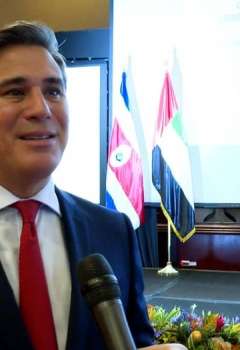
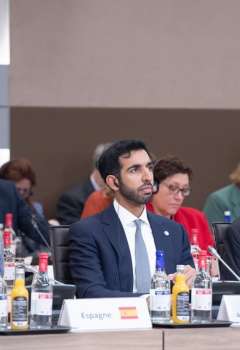
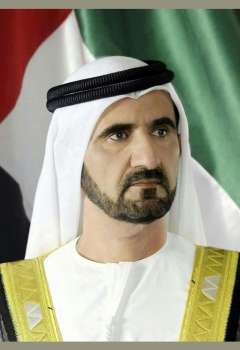
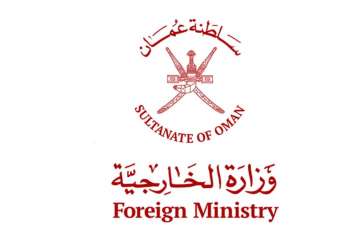
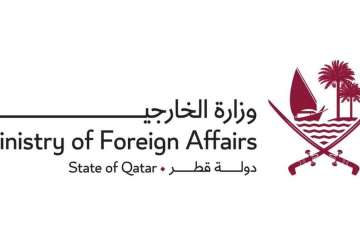
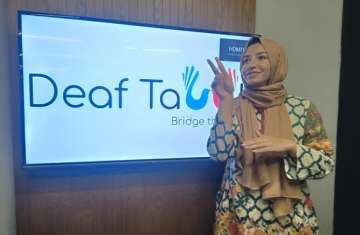
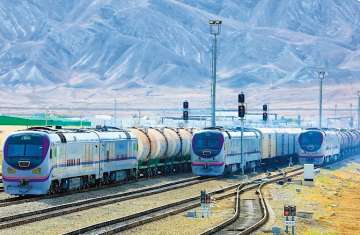
Comments